How to Get Rid of Gallbladder Stones?
Gallbladder stones are common yet troublesome health issues that affect millions of people worldwide. These stones form inside the gallbladder and can vary from small grains to large, painful formations. While some people with gallstones may not experience symptoms, others can suffer from excruciating pain, nausea, and other digestive issues. If you are wondering how to get rid of gallbladder stones, in this blog post, we will explore gallstones treatment options, both natural and medical interventions.
What are Gallstones?
Gallstones are a common health issue that many people experience. These small, hard deposits in the gallbladder, a pear-shaped organ underneath the liver. The gallbladder acts as a storage organ for bile, a substance that aids in fat digestion.
There are two main kinds of gallstones:
-
Cholesterol Gallstones: It is the most common type of gallstone, which forms when there is too much cholesterol in the bile.
-
Pigment Gallstones: These are smaller and darker. The gallbladder stones are formed from excess bilirubin, which results from the breakdown of red blood cells.
What are the Causes of Gallstones?
Before we explore the gallstone treatment options, let us take a look at the gallstones causes. The following factors are known to increase the risk of developing gallstones:
-
High cholesterol levels: Excessive cholesterol levels can contribute to the development of cholesterol gallstones.
-
Bilirubin excess: Bilirubin, produced when red blood cells break down, can lead to pigment gallstones when present in high amounts.
-
Obesity: People who are overweight or obese are at higher risk for gallstones.
-
Pregnancy: Hormonal changes during pregnancy can increase cholesterol levels and bile production, raising the likelihood of gallstones.
-
Age: Gallstones are more common in older adults.
-
Diet: Diets rich in fat and cholesterol can contribute to the development of gallstones.
Symptoms of Gallstones
Not everyone with gallstones experiences symptoms. However, when they occur, can be quite intense. Common gallstones symptoms include:
-
Intense pain in the upper abdomen, often triggered by consuming fatty foods.
-
Nausea or vomiting
-
Indigestion or bloating
-
Jaundice (yellowing of the skin or eyes)
-
Dark urine and pale-colored stools
-
Fever
If you experience these gallstones symptoms, it is important to consult a general surgeon in Gurgaon for diagnosis and treatment options.
How to Get Rid of Gallstones Naturally?
While medical treatment is usually necessary for gallstones, there are some natural treatments for gallstones, and lifestyle changes that may help prevent or manage the condition.
1. Dietary Changes: One of the most effective ways to manage gallstones is by improving your diet. Maintaining a healthy, balanced diet can lower the risk of gallstones and aid in managing existing ones.
-
Increase fiber intake: Eating more fiber helps reduce cholesterol levels in the bile.
-
Healthy fats: Focus on healthy fats like those found in olive oil, nuts, and fish. These fats help stimulate the gallbladder to empty, reducing the chances of stone formation.
-
Limit fatty foods: Avoid excessive consumption of fatty, fried, and processed foods. These can increase cholesterol levels and contribute to the development of gallstones.
-
Drink plenty of water: Staying hydrated is important for overall health. Drinking water helps flush out toxins and may prevent stone formation.
2. Medical Treatments for Gallstones: If natural remedies are not effective or your symptoms are severe, you may need medical intervention. Treatment for gallstones varies based on the size of the stones, the symptoms, and your overall health.
-
Medications: Some medications can help dissolve gallstones, particularly cholesterol stones. These medications, such as ursodeoxycholic acid (Actigall), work by slowly dissolving the stones over time. This method is typically used for people who are not candidates for surgery and have small cholesterol gallstones. Keep in mind that this treatment can take months or even years, and stones may recur after the medication is stopped.
-
Laparoscopic Cholecystectomy (Gallbladder Removal Surgery): For many people with symptomatic gallstones, the most effective treatment is surgery. Laparoscopic cholecystectomy is the most common procedure to remove the gallbladder. This minimally invasive surgery is done with small incisions and a camera, which reduces recovery time and scarring. After the gallbladder is removed, the liver continues to produce bile, which flows directly into the small intestine instead of being stored in the gallbladder.
-
Open Surgery: In rare cases, when laparoscopic surgery is not an option, open surgery may be required. This gallstone removal surgery involves making a larger incision in the abdomen to remove the gallbladder. Recovery time is longer compared to laparoscopic surgery, but it may be necessary for some patients.
-
Endoscopic Retrograde Cholangiopancreatography (ERCP): If gallstones are blocking the bile ducts, an ERCP procedure can be used to remove them. This procedure uses an endoscope to locate and remove stones from the bile ducts. ERCP is often done in combination with cholecystectomy for individuals who have both gallstones and bile duct blockages.
Preventing Gallstones
If you have had gallstones or are at risk, prevention is key. To reduce your chances of developing gallstones, consider the following tips:
-
Maintain a healthy weight: Being overweight increases the risk of gallstones, so aim for a balanced diet and regular exercise.
-
Eat a balanced diet: Focus on eating a variety of fruits, vegetables, whole grains, and lean proteins. Avoid excessive amounts of fatty foods.
-
Exercise regularly: Physical activity can help you maintain a healthy weight and improve bile flow.
-
Drink plenty of water: Staying hydrated helps support overall digestive health.
Conclusion:
Gallstones can cause significant discomfort, but there are ways to manage and treat them. Whether you choose natural remedies like diet changes and herbs or pursue medical treatments like medications or surgery, it is important to take action if you experience symptoms of gallstones. Consulting a general surgeon near you is important to determine the best treatment for your situation. By taking preventive measures and adopting a healthy lifestyle, you can lower your risk of developing gallstones and maintain a healthy gallbladder for years. If you are dealing with gallstones, don't hesitate to reach out to a general surgery doctor near you for personalized guidance on treatment and prevention.

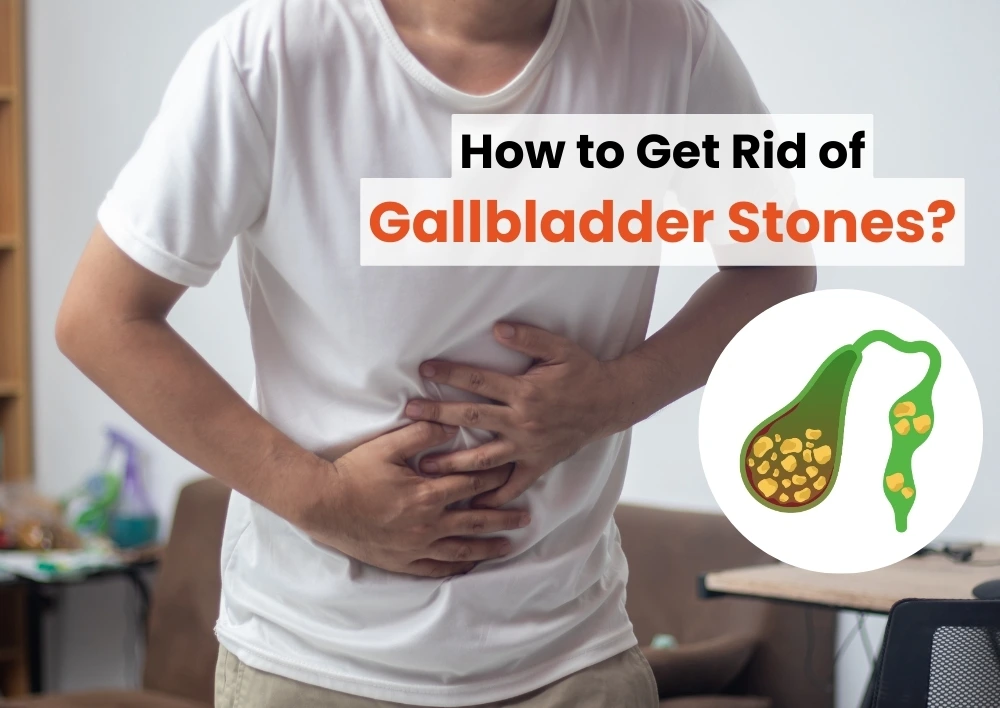

_in_Pregnancy.webp)
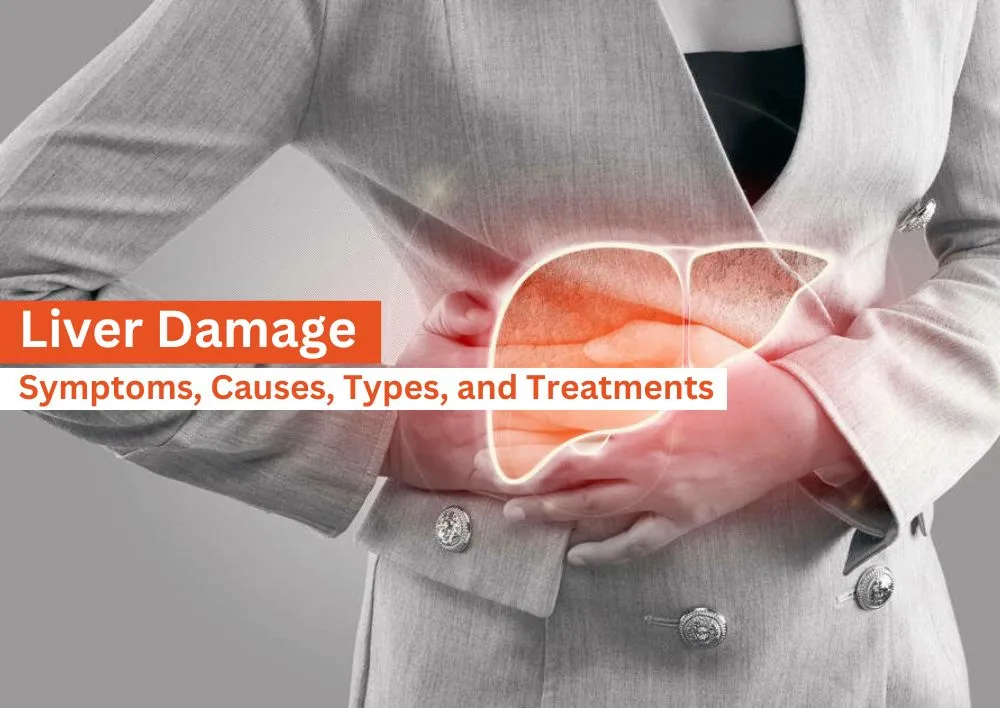
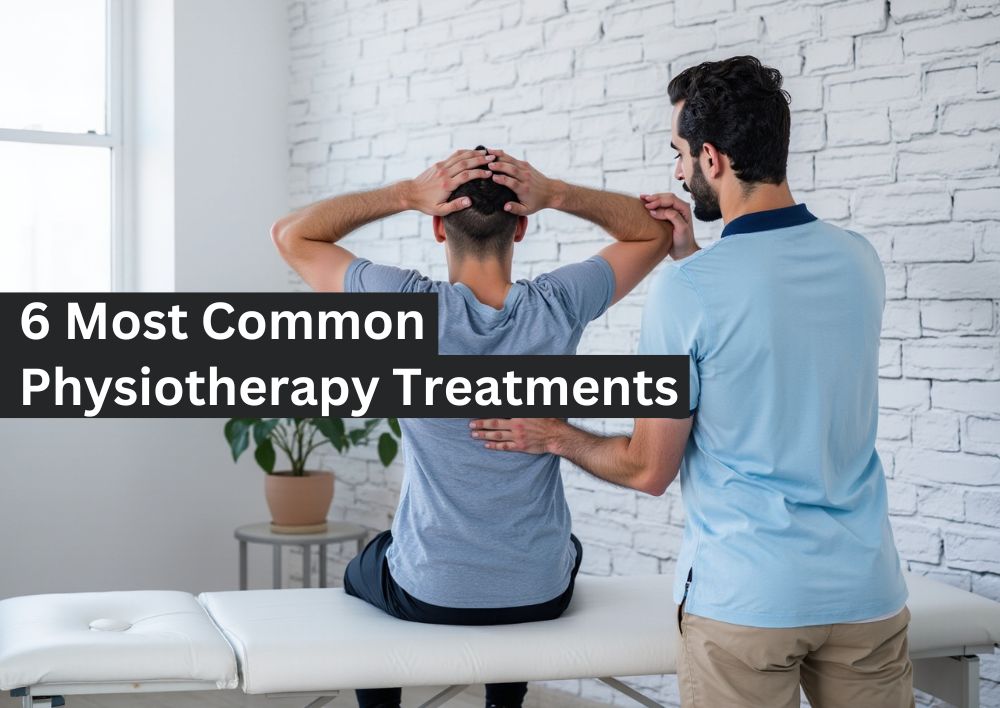
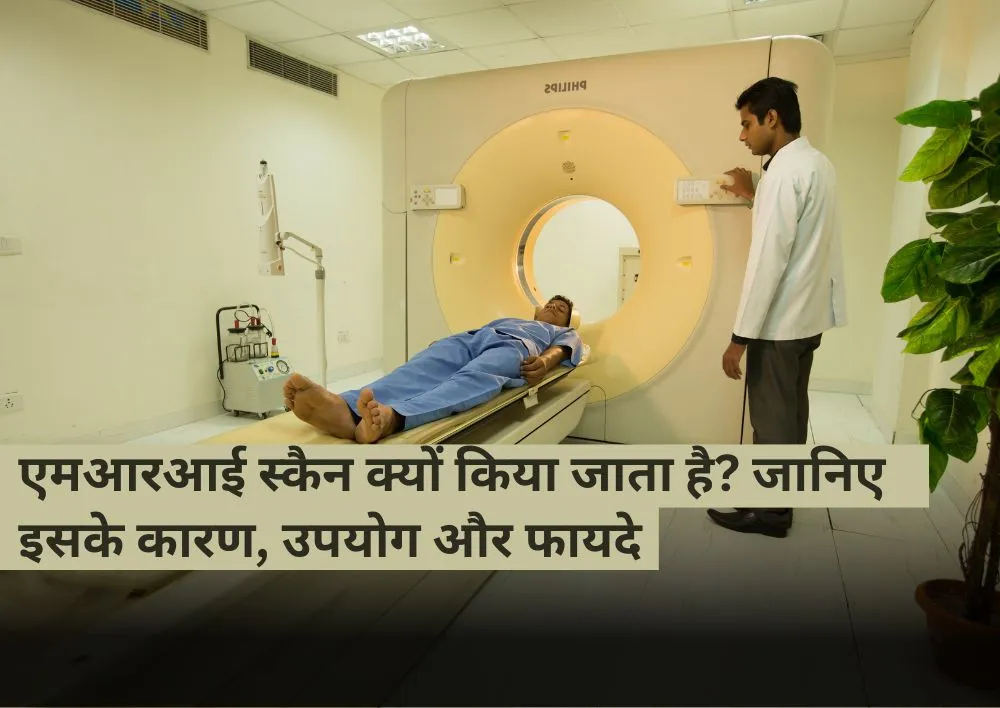
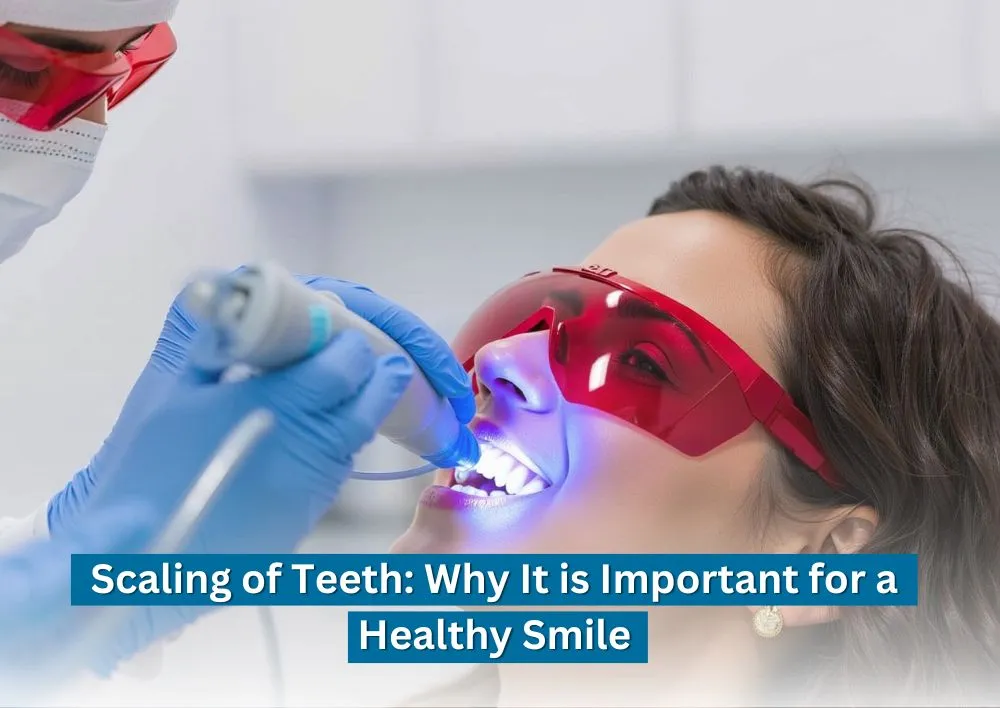





Was the information useful?
0 0